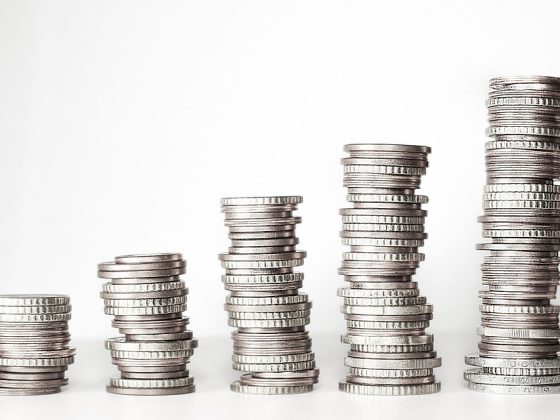Debt can be a major source of stress and worry for many people. Whether you have student loans, credit card debt, or a mortgage, being in debt can feel like a heavy burden that is hard to shake off. However, with the right strategies and mindset, you can take control of your debt and improve your financial health. Here are some tips for paying off debt and getting on track towards a brighter financial future.
1. Create a budget: The first step in paying off debt is to assess your current financial situation and create a budget. This will help you see where your money is going and where you can cut back in order to allocate more funds towards paying off debt. Make sure to include all sources of income and expenses in your budget, and prioritize paying off high-interest debt first.
2. Set realistic goals: It's important to set realistic and achievable goals when it comes to paying off debt. Break down your total debt into smaller, more manageable chunks and set a timeline for when you want to pay off each debt. Celebrate small victories along the way to help keep you motivated and on track.
3. Cut back on expenses: Look for areas in your budget where you can cut back on expenses in order to free up more money to put towards paying off debt. This could include cutting back on dining out, cancelling unused subscriptions, or finding more affordable alternatives for things like cable or cellphone plans.
4. Increase your income: Consider ways to increase your income in order to pay off debt faster. This could include taking on a part-time job, freelancing, or selling items you no longer need. Every little bit of extra income can help you make a bigger dent in your debt.
5. Use the debt snowball or debt avalanche method: Two popular methods for paying off debt are the debt snowball and debt avalanche methods. The debt snowball method involves paying off your smallest debt first while making minimum payments on your other debts, and then rolling over that payment to the next smallest debt once it's paid off. The debt avalanche method involves paying off your debt with the highest interest rate first, while still making minimum payments on your other debts. Whichever method you choose, the key is to stay consistent and keep chipping away at your debt.
6. Consider debt consolidation: If you have multiple sources of debt with high interest rates, you may want to consider consolidating your debt into a single, lower interest rate loan. This can help simplify your payments and potentially save you money on interest over time. Just make sure to do your research and find a reputable lender before committing to a debt consolidation loan.
7. Seek professional help: If you're feeling overwhelmed by your debt or struggling to make progress, don't hesitate to seek help from a financial advisor or credit counseling service. They can provide you with personalized advice and strategies to help you get back on track and improve your financial health.
FAQs:
Q: Will paying off my debt improve my credit score?
A: Yes, paying off debt can have a positive impact on your credit score. When you pay off debt, it reduces your overall debt-to-income ratio, which is a key factor in determining your credit score. Additionally, making on-time payments and reducing your credit utilization can also help improve your credit score over time.
Q: How long will it take to pay off my debt?
A: The time it takes to pay off your debt will vary depending on the amount of debt you have, your income, and the strategies you use to pay it off. Setting realistic goals, creating a budget, and staying consistent with your payments can help you pay off debt faster.
Q: Should I save money while paying off debt?
A: It's important to have a balance between paying off debt and saving money. While it's important to prioritize paying off high-interest debt, it's also important to have an emergency fund to cover unexpected expenses. Aim to save a small amount each month while focusing on paying off debt to help protect yourself from financial setbacks.
In conclusion, paying off debt and improving your financial health takes time and dedication, but it is well worth the effort in the long run. By creating a budget, setting realistic goals, cutting back on expenses, and seeking professional help when needed, you can take control of your debt and work towards a brighter financial future. Remember that small changes and consistent efforts can make a big impact on your financial health.











